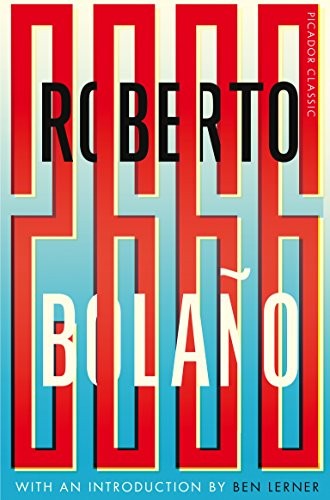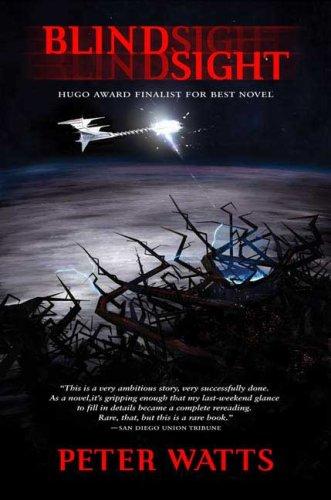I see some comments online describing this as "just hard sci fi, the characterizations don't matter" and I don't think that's true at all. None of the characters are terribly likeable and I think that's important. This is not just a book about alien contact and the nature of consciousness, but also about transhumanism.
Almost everyone in this book has, to some degree, deliberately damaged their psyche, or been damaged by the world they live in. There are two groups of humans, roughly: those who have retreated into an idealized transhuman world, "heaven", where everyone exists alone in an idealized version of their creation uncomplicated by other humans or by any kind of meaningful happiness, or who are on their way there, or those who have needed to essentially harm themselves psychologically to remain competitive and relevant in their careers.
The main character's parents each have taken on one of those two roles: the mother pursuing transhuman/human-less bliss, the father sacrificing his family for his career in a more mundane way, both to the detriment of the main character. The only one really speaking for humanity as we know it is his ex-girlfriend - I've seen some discussions assuming his girlfriend is meant to be the bad guy here instead of someone who loves him and just wants him to go to therapy and maybe try to be happy for who he is instead of turning himself into a tool (insert meme about men will get mauled by a vampire to avoid going to therapy).
At the same time there is a strong current of self-hate in this book, of the main character for his own difficulties with empathy, despite that being his main marketable skill, something he is supposed to cultivate. It is at the end implied that the hostility he assumes from those around him is largely something he imagines and projects on other people (although we do get it explicitly from a few characters). There are strong hints that a lot of secondary characters do care a lot about Siri, and he repeatedly sabotages that, because improving his ability to relate to other people makes him worse at his job. In a world that actually valued humanity (in all its variations) he could be happy, but he lives in a deeply anti-human society (and Siri is very much human, despite his fears/hopes).
One thing that makes this book a challenging read is that the narrator is extremely unreliable on many different levels, and you have to kind of infer what his deal is not just from what he says but from what other characters say about him. I think it is very much a character driven book.
I don't know to what degree the author is deliberately critiquing certain trends in how we think about technology today, or simply is immersed in them and sees them as inevitable and horrific. The end result of all of this is that consciousness - what we think of as humanity - even just like the ability to appreciate art and stuff - is inefficient and likely to be optimized away, but that is true only in the context of this worldview. The only logical end result of this version of transhumanism is that humans are obsolete. The obvious escape from this bleak version of the world is I guess to say that consciousness is pretty cool even if it's not optimal and maybe if I can become a cyborg it will be for fun reasons and not to be better at my job.

















